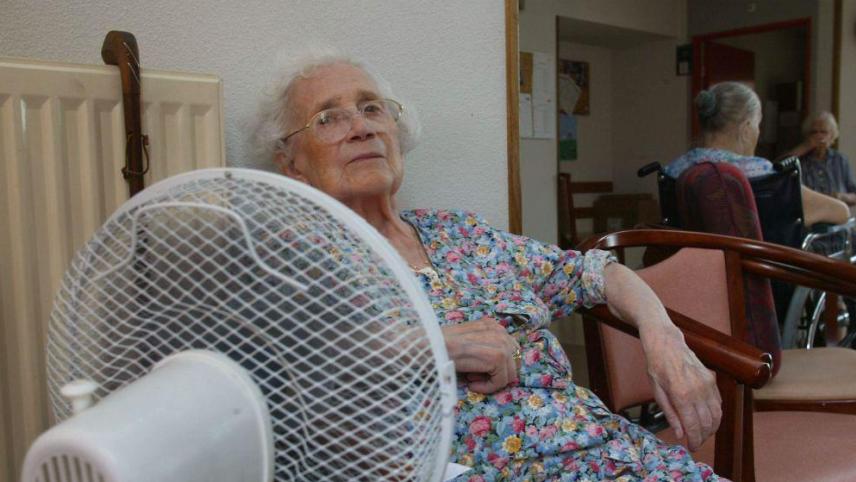With a life expectancy rate of 80.8 years from birth, Belgium scores better than the EU average which is 80.4 years. Yet, life expectancy dropped sharply in 2020 by more than 15 months due to Covid-19, according to an EU Commission report.
Before the pandemic in 2019, Belgium's life expectancy was 82.1 years, while the EU average in 2019 was 81.3. According to a WHO report from 2019, although Belgium is above the EU average, but lags behind many western European countries.
Persistent inequalities
Further to this, inequalities persist. The least-educated men and women are likely to live five years less than the most educated. This is one of the largest gaps in Western Europe.
According to the EU Commission report, people with lower incomes are reportedly less likely to admit they are healthy compared to people with higher incomes.
Related News
- Belgium tops EU countries for highest level of toxic pesticides in fruit and vegetables
- Elderly care homes: Belgium is 4th biggest spender in Europe
EU statistics reveal that life expectancy across Europe has gone up, on average, by more than two years per decade since the 1960s. Yet the latest data from the EU Commission shows that life expectancy stalled or even declined in some member states.
Some member states in Western Europe recently saw their life expectancy rebound to pre-pandemic levels, but other countries, mostly in Eastern Europe, felt the impact of the pandemic first in 2021, so rebound levels have yet to kick in in the available data.
The data suggests that while Belgium is doing better than the EU average, it lags behind other Western European countries.

